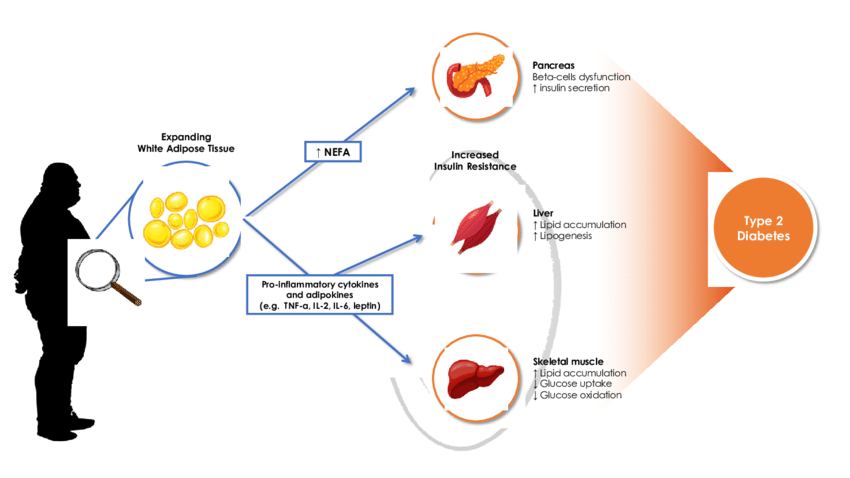Diabetes Treatment
As a serious disease that affects the metabolic processes in humans, diabetes requires a comprehensive approach to treatment. Endocrinologists, who specialize in the diagnosing and treatment of diabetes, are the doctors that patients seek for help. Diabetes doctors practice a field of medicine called endocrinology, which studies the endocrine system. Understanding the different metabolic processes and the role of obesity is crucial in diabetes treatment.
The Main Types of Diabetes Treatment

There are two main types of diabetes: Type 1 and Type 2. In Type 1 diabetes, the body attacks the cells in the pancreas responsible for the production of insulin, leading to the inability of the pancreas to produce any insulin. On the other hand, Type 2 diabetes occurs when the pancreas cannot create enough insulin to control blood sugar levels. Both types lead to hyperglycemia, or high blood sugar.
Diabetes Treatment: Role of Obesity

Obesity is a major factor in the development of Type 2 diabetes. Being overweight or obese increases the body’s resistance to insulin, which makes it harder for the body to properly control blood sugar levels. This resistance can eventually lead to the development of Type 2 diabetes. However, Type 2 diabetes can often be prevented if recognized early enough and if lifestyle changes are implemented to mitigate its development.
Lifestyle changes, such as regular exercise and a healthy diet, can help manage and prevent the onset of Type 2 diabetes. Weight loss can also be an important part of managing the condition. A balanced diet rich in fruits, vegetables, whole grains, lean proteins, and healthy fats can help control blood sugar levels and reduce the risk of developing Type 2 diabetes.
In some cases, medication may be necessary to manage Type 2 diabetes. Oral medications or injectable insulin can help control blood sugar levels and prevent complications associated with the condition. It’s important to work with a healthcare provider to determine the best treatment plan based on individual needs and medical history.
The key to managing Type 2 diabetes is to make lifestyle changes that support healthy blood sugar levels. This includes maintaining a healthy weight, getting regular exercise, and eating a balanced diet. With proper management and care, individuals with Type 2 diabetes can live healthy and fulfilling lives.
Obesity and Diabetes

Obesity and diabetes are interrelated and can influence each other in predictable ways. Metabolic function decreases as we age, leading to decreased muscle mass and bone density, which requires decreased energy demands. Our diets need to adjust to accommodate the decreased energy requirements of our bodies. As we age, our bodies take longer to heal, and joints and muscles become sore more often. Our sedentary lifestyle leads to excess calories that are turned into fat and stored in the body. As fat accumulates, our metabolic rate cannot keep up with the extra demand and becomes stressed. The endocrine system, responsible for the production and management of hormones such as insulin, becomes affected.
Eventually, a vicious feedback loop has been created, and our risk of developing Type 2 diabetes has increased. Therefore, it is essential to recognize the impact of obesity in diabetes treatment. Contributors to obesity are an unhealthy diet, unhealthy muscle, lack of sleep, disruptions in circadian rhythm, weight gain-promoting medications, among others.
Diabetes is a serious disease that requires a comprehensive approach to treatment. Diabetes care teams that include endocrinologists, nutritionists, dieticians, and other therapists are responsible for creating and executing care plans that help manage diabetes. Understanding the different metabolic processes, the role of obesity, and the impact of lifestyle choices in the development of Type 2 diabetes can help in diabetes treatment.





